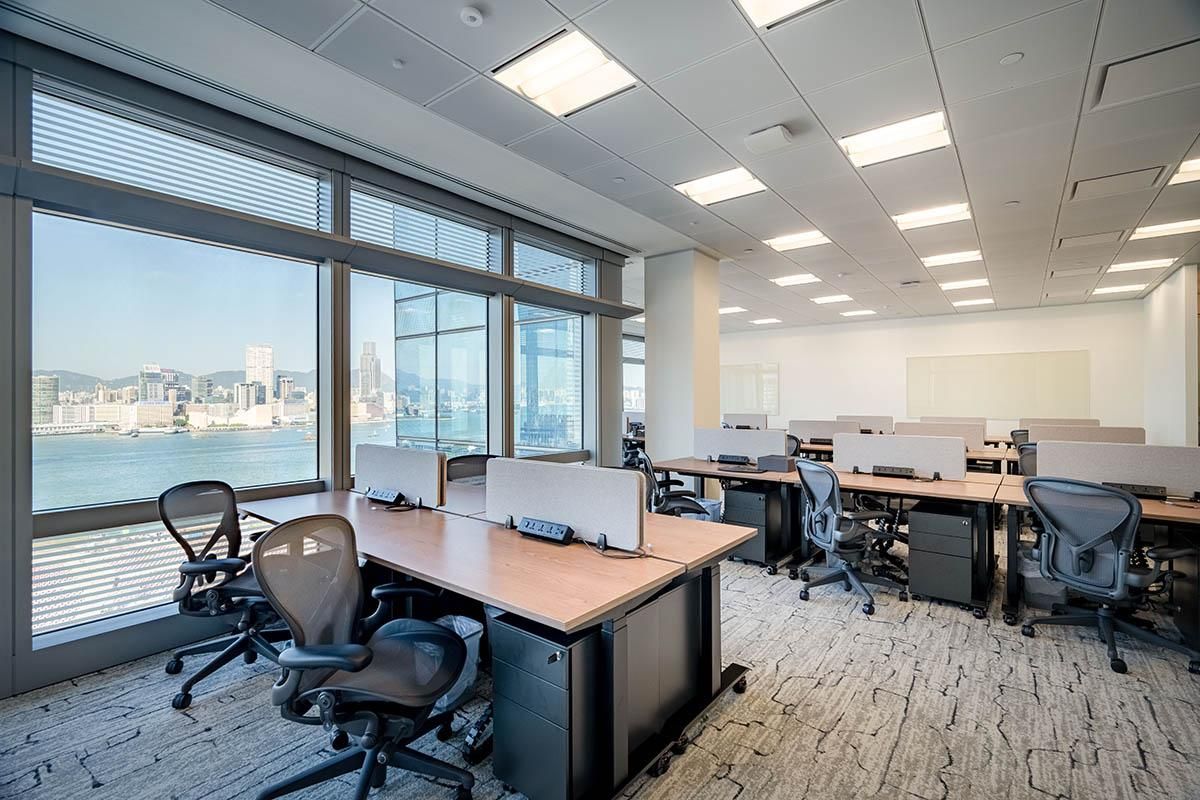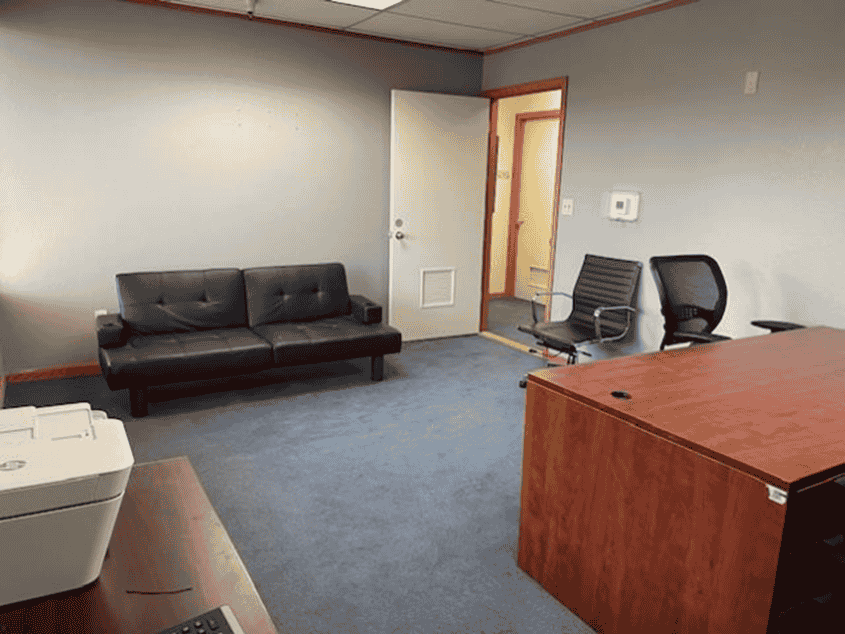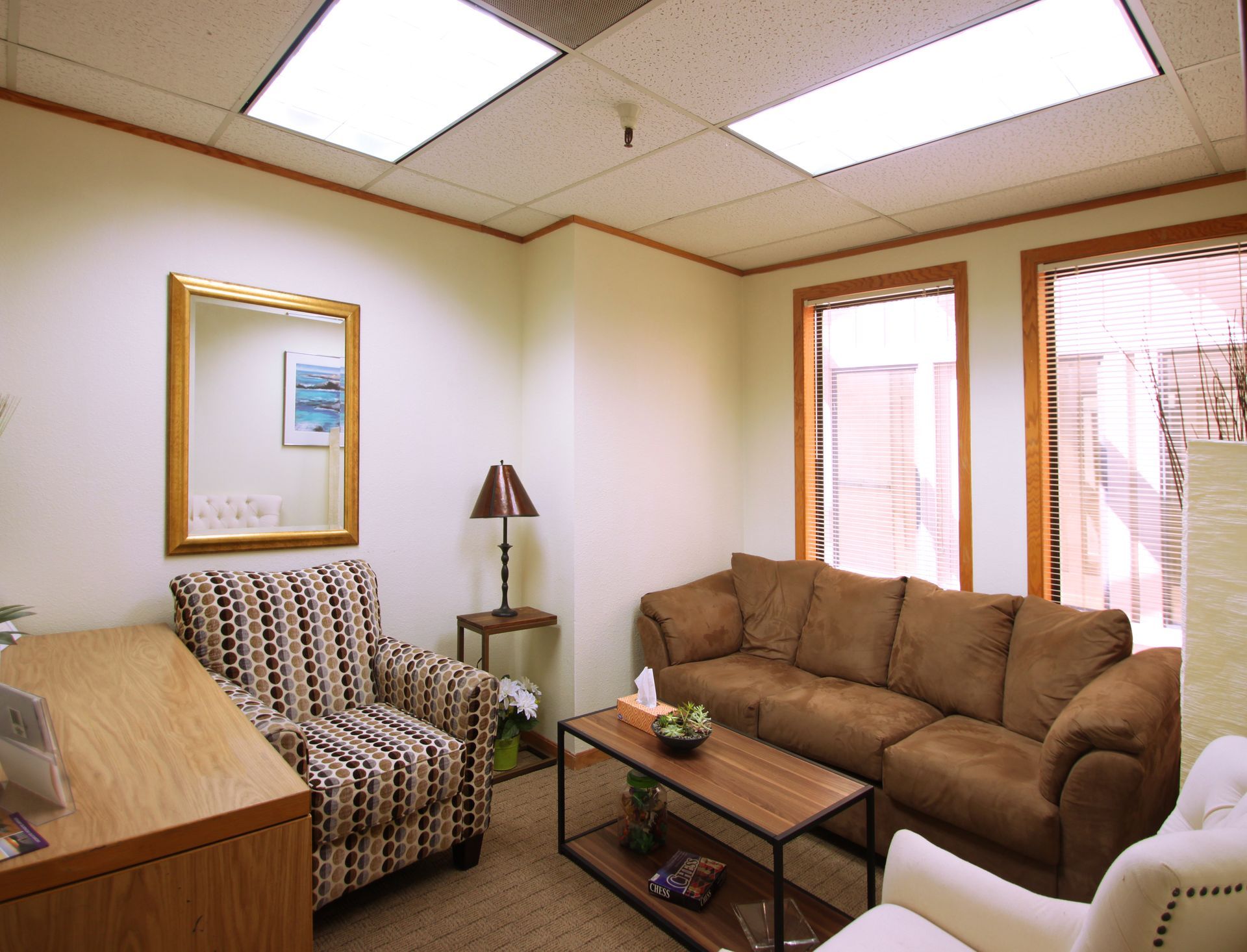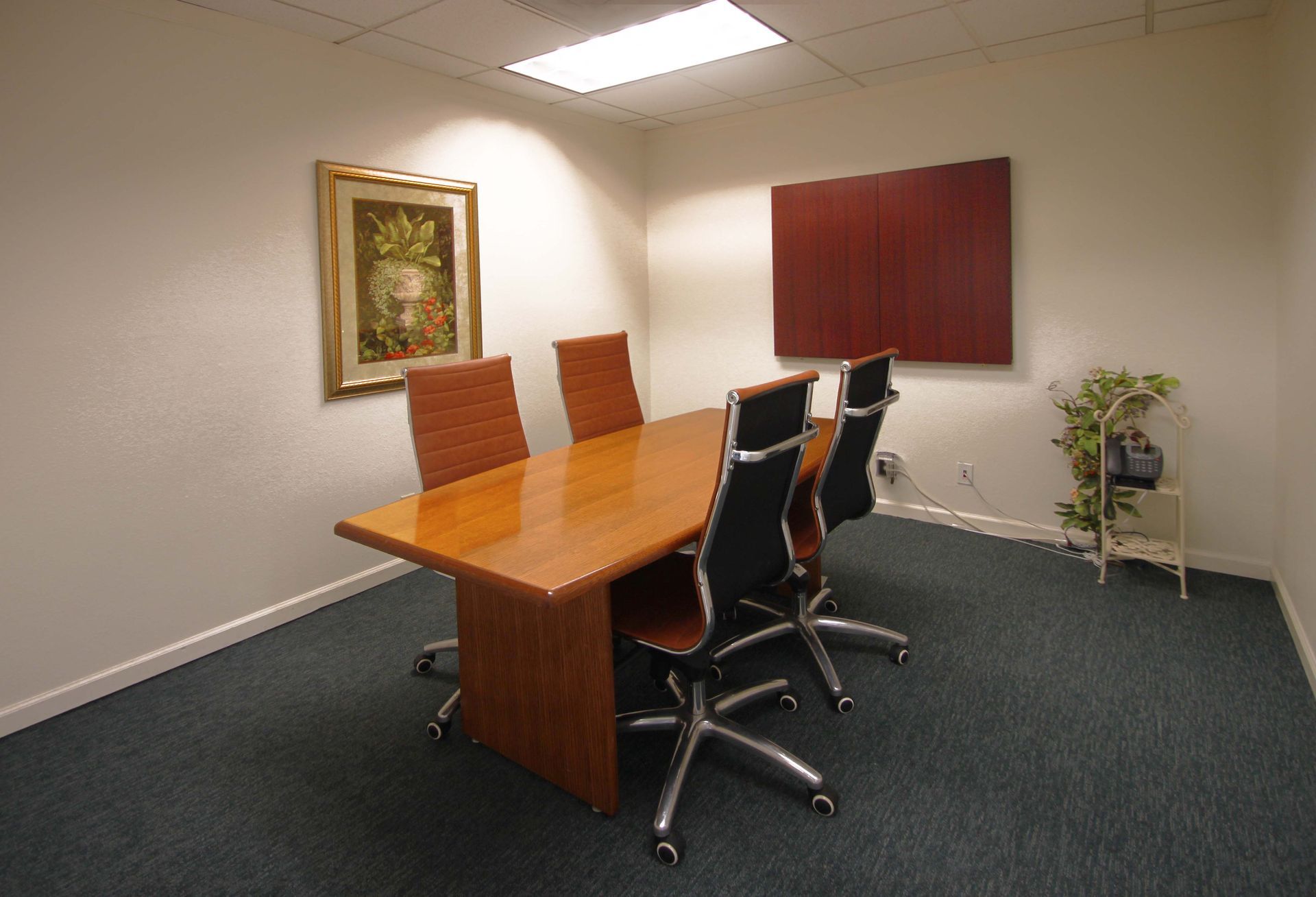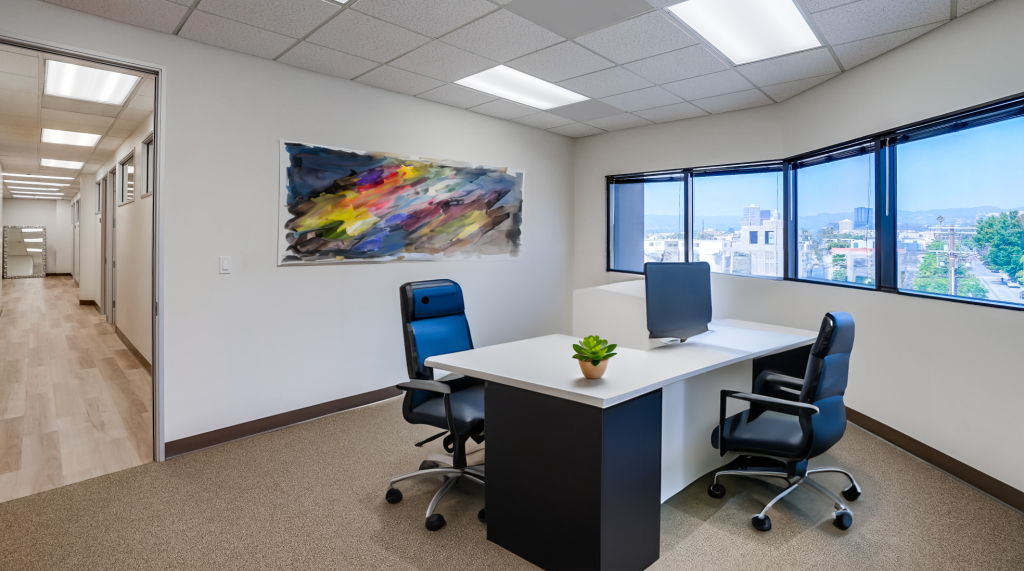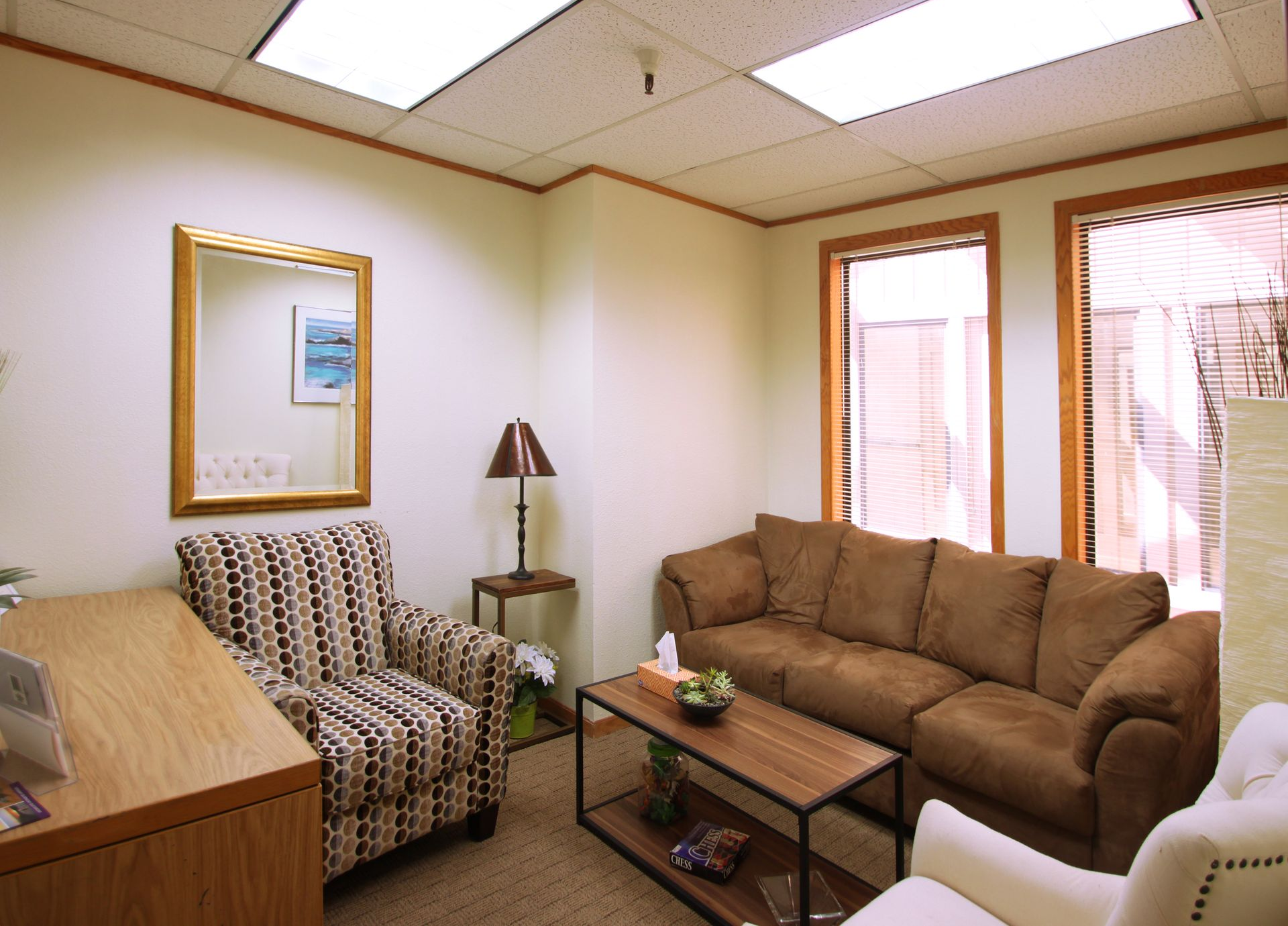New Paragraph
Startup Office Space: The Ultimate Guide for Growing Teams
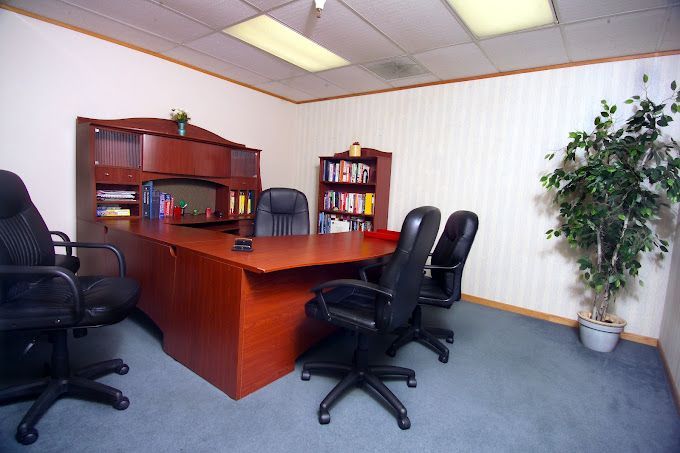
Launching a startup is a thrilling journey filled with ambition, creativity, and calculated risks. It may seem minor at first, but your workspace can directly influence productivity, team dynamics, investor impressions, and overall company culture.
In this comprehensive guide, we’ll explore everything you need to know about startup office space from evaluating what you really need to understanding your options and maximizing your budget. Whether you're a solo founder or leading a growing team, this post will help you make smarter space decisions.
Why Office Space Still Matters
We’re living in a world of remote teams, virtual meetings, and digital collaboration. So, is a physical office even necessary anymore?
The answer depends on your goals, but there are still compelling reasons why many startups benefit from having dedicated office space. A shared, physical environment enables faster collaboration. Teams that sit together often communicate better, solve problems more quickly, and align faster on projects.
While Zoom works, an in-person pitch in a thoughtfully designed office leaves a lasting impression.
In-person work also builds stronger company culture. Rituals, celebrations, and informal conversations all contribute to a sense of team identity. Plus, not everyone has a quiet, focused home environment. An office provides structure and fewer distractions.
Even a small office, when chosen well, can offer these advantages without overextending your budget.
What to Consider Before You Rent
1. Location
Location plays a key role in visibility, talent attraction, and convenience. An ideal startup office is easily accessible by both public transportation and personal vehicles. Proximity to restaurants, cafes, and essential services can make your workplace more appealing to employees and clients.
You want your office to be in an area that reflects your company values and offers comfort during long workdays or evening hours. A good location supports growth and attracts top talent without compromising on professionalism.
2. Flexibility
Startups move fast. One day you're five people, the next you're twenty. Signing a five-year lease too early can limit growth or cause financial stress. That’s why flexibility should be a top priority. Look for offices that offer month-to-month agreements, short-term contracts, or built-in options to expand when needed.
This level of freedom ensures you won’t be stuck with an expensive, oversized space—or forced to move at the worst possible time.
3. Amenities
Your time should be focused on building your business, not managing office utilities. All-inclusive spaces can make a huge difference. Look for places that already include internet, electricity, janitorial services, and even basic office furniture. Many modern startup-focused spaces also offer kitchens or break areas, mail handling, conference rooms, and on-site support staff. Having these amenities available from day one keeps your team productive and saves money on setup.
4. Budget
Budgeting for office space isn’t just about the monthly rent. You'll also need to factor in deposits, service fees, internet, utilities, insurance, and possibly furniture. Before you commit, ask whether Wi-Fi is included, how much the deposit is, and if there are hidden costs like maintenance or parking.
Make sure to also confirm if there are early termination clauses. You want to protect your cash flow and avoid locking yourself into a space that may no longer suit you six months down the road.
Types of Startup Office Spaces
Every startup has different needs. Here are the main types of office space options you should consider:
Coworking Spaces
Coworking is an excellent choice for solo founders or small teams. These shared spaces allow you to work among other startups and freelancers while enjoying amenities like conference rooms, phone booths, and communal kitchens.
One of the biggest benefits is flexibility. You can usually pay monthly, without worrying about long-term contracts. Additionally, coworking spaces offer a built-in community. That means networking, collaboration, and sometimes even partnerships can happen organically.
Private Office Suites
If your team is growing—say between four and twenty people—a private suite might be more appropriate. These spaces offer greater control and privacy. Unlike coworking, private offices reduce noise and distractions. But they still often come with shared amenities like front-desk support, conference rooms, and break areas.
Subleased Space
Sometimes, larger companies lease more space than they need and offer it up to smaller businesses. These subleases can be a great opportunity to move into a furnished, professional space at a discounted rate. Subleased spaces often come ready with desks, internet, and conference rooms already in place. However, it’s important to carefully review the sublease terms.
Flexible Commercial Space
These hybrid spaces combine the freedom of coworking with the control of a private office. They’re designed for businesses that want room to scale without committing to a long-term lease.
These often include 24/7 access, flexible terms, and a mix of open areas and enclosed suites. If your startup is hiring rapidly or planning for unpredictable changes, this option could provide the right mix of freedom and infrastructure.
How to Save Money on Office Space
Startups must stay lean. Fortunately, there are ways to secure high-quality space without breaking the bank.
Negotiate Everything
Don’t assume the asking rent is final. Especially in commercial real estate, landlords often have room to negotiate. In uncertain markets, many landlords are willing to work with startups that show potential.
Share with Other Startups
If you don’t need a full office, find another startup in a similar stage and share the space. You can split not just rent, but also utility costs, furniture, and even office services. It’s a budget-friendly way to establish your business presence while staying connected with like-minded entrepreneurs.
Choose Move-In Ready Spaces
Buying desks, chairs, and tech adds up. These setups minimize downtime and expenses, enabling your team to get started immediately from day one.
Go Month to Month
Early on, avoid long-term leases unless absolutely necessary. A month-to-month lease provides the flexibility to experiment with different setups and adjust your space as needed—without facing penalties.
Creating a Productive Environment
Once you’ve secured your space, focus on creating an environment that helps your team do their best work. Start by defining zones within your office. This helps your team stay focused while also promoting natural breaks and spontaneous conversations.
Keep your layout and design simple. You don’t need expensive art or elaborate fixtures. Focus on function and comfort. Invest in good lighting, ergonomic chairs, and a few elements that reflect your brand personality. Use technology intentionally. Install only what your team needs, such as video conferencing setups, smart locks, or room booking tools. Avoid overcomplicating your space with systems that don’t add value. Finally, foster creativity and collaboration. Use whiteboards or idea walls to encourage innovation.
When It’s Time to Upgrade
Your current office might be perfect now, but growth comes fast. Recognizing when to upgrade is key to avoiding overcrowding and frustration. If your team is expanding rapidly, or you find yourself constantly short on meeting space, that’s a red flag. You might also notice that your current office no longer supports your brand image—especially if clients are visiting more often.
Don’t wait until you’re out of space to start searching. Begin looking for a new location once you see signs of strain.
What About Hybrid or Remote Teams?
Not every startup needs a full-time office. In fact, many modern teams thrive in hybrid or remote-first setups. However, that doesn’t mean giving up office space entirely. Some companies maintain a small footprint—a place to meet for key discussions, team-building days, or client pitches. Others use coworking memberships or part-time private suites.
For hybrid teams, consider shared desks or rotating in-office schedules. This allows you to maintain culture while avoiding unnecessary overhead.
Final Thoughts: Choose Space That Supports Growth
The best office for a startup is one that adapts with you. It should enhance collaboration, make room for creativity, and provide an environment where your team can thrive. Start small, stay agile, and choose a space that supports your goals—not just your current needs.
If you're ready to explore startup-friendly options, look for move-in-ready spaces with flexible terms, low deposits, and amenities designed for growing teams. Whether you choose coworking, a private suite, or a hybrid space, make sure it works just as hard as you do.

